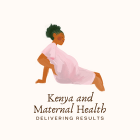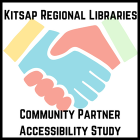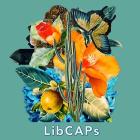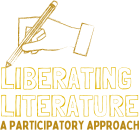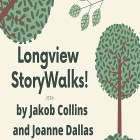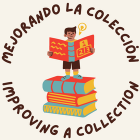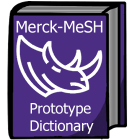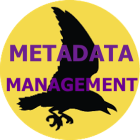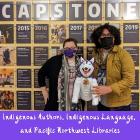
Indigenous Authors, Indigenous Language, and Pacific Northwest Libraries
For those whose primary language isn’t English, finding books in one’s own culture can be difficult. In our project, we want to connect Indigenous people who speak minoritized languages with public library books in their native tongue. We envision an application built in collaboration with regional public libraries to encode less common languages or translated books in a way easily discoverable. Our target audience is indigenous people seeking to discover more books in their native language. However, we also consider public library systems as another stakeholder in our application, because they will facilitate the upload of data into our application.

